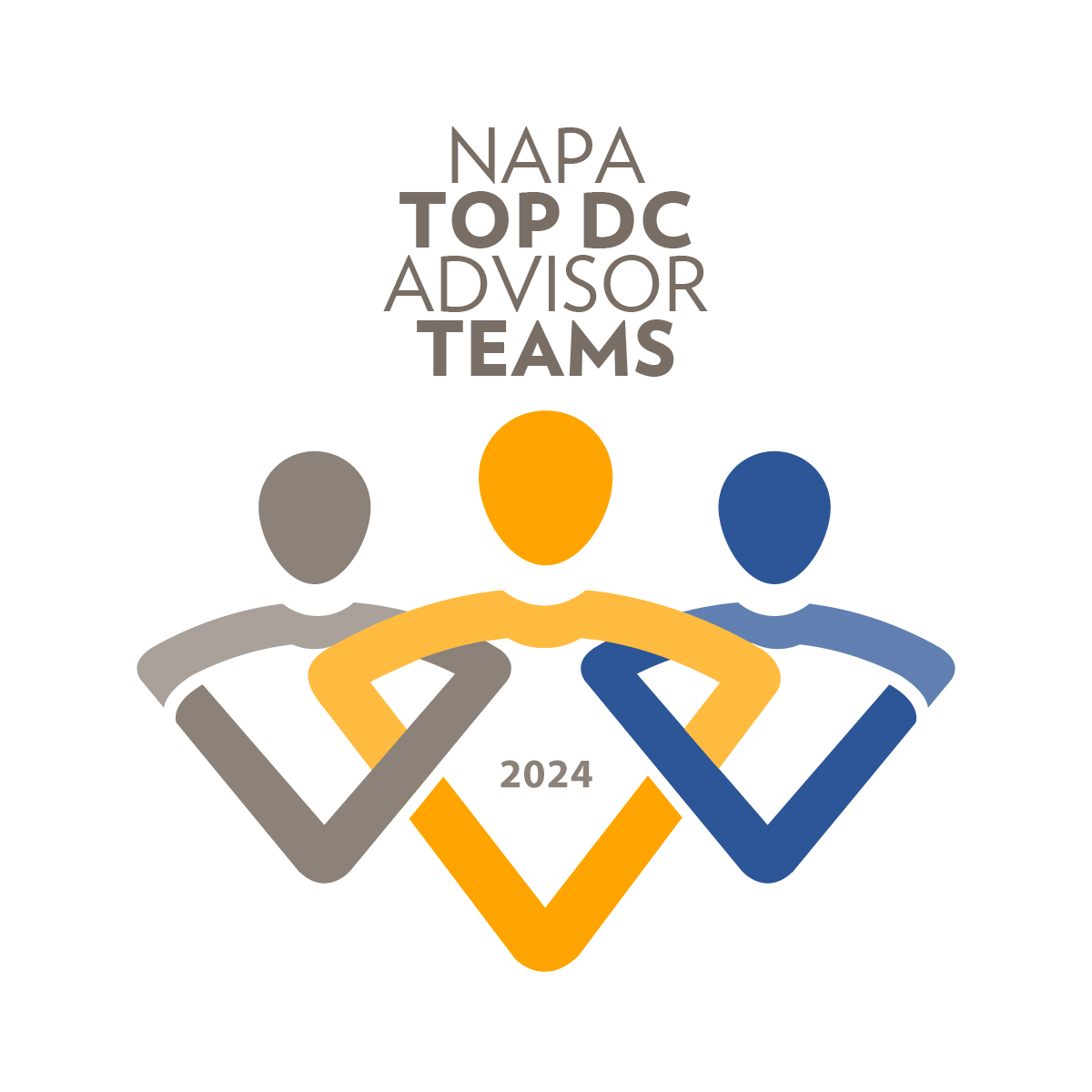Archives
The First Phase of Life during Retirement: Go, Go, Go
Last Updated: July 17, 2014
Retirement life can be described as having three distinct phases. The first one is go, go, go. The second is slow, slow, slow. And the third phase of retirement life is no, no, no. Many times when you think about your upcoming retirement, you’ll only think about that first phase, where you start doing everything you’ve always wanted to do. As soon as you retire, you may already have three months of travel, visits to the grandkids and hobbies already scheduled. But then what…
During the go, go, go retirement phase, here are some financial and non-financial things to consider:
Family & Purpose
There is a tendency to think of preparing for retirement only in terms of money. While the financial aspect of preparing for retirement is certainly important, many retirees are significantly under-prepared for many of the non-financial or emotional aspects of retirement. Retirement is one of the biggest transitions in life, on par with going to college or getting married, and it completely alters family dynamics, social circles and life purpose.
For example, the person you might be used to seeing only one hour per day during the week plus time on the weekends -your spouse- might now be with you 24 hours per day, 7 days per week. If you or your spouse each has your own separate routines, it could become stressful being around each other all day, every day. It will probably be necessary to establish some new “marital ground rules” for time together versus time alone. You may also struggle to reinvent who you are and realize your purpose in this phase of life. For many, it’s important to find a way to remain relevant. Consider volunteering with your favorite charity, or finding a flexible, low-stress, part-time job to help get you out of the house and develop a new sense of purpose outside the typical workforce.
Income, Risk & Estate Planning
While you’re muddling through all of the changes to your non-financial world, don’t forget that this is also a major transition for your financial life. Previously, one of your greatest financial assets was the ability to earn an income. Once you enter retirement, however, you must protect the financial assets you have because it will be much more difficult to replace these assets than when you were still working. The level of distributions you take and the market returns you receive during the first few years of retirement will have a profound impact on whether or not your assets last throughout your lifetime. Be very cautious that you do not draw down your retirement assets too quickly in retirement; going through an income needs analysis can help you with this challenge.
You will also want to continue managing the risk in your life. You may no longer have health insurance through your employer so you should become familiar with Medicare and Medigap coverage language. Early retirement will be your last chance to secure long-term care insurance at a reasonable cost if you do not already have it. Plus, with your household net worth likely being at its peak (and therefore your risk too), you should review your property and casualty and any other liability or umbrella insurance policies to ensure they still match your need.
You should review any life insurance policies relative to the potential life insurance need you have remaining. Even if your life insurance is no longer needed for income replacement, it still could make sense to maintain the policies for estate planning purposes. Speaking of estate planning, early retirement is a great time to review and update wills and trusts. Make sure all of your beneficiaries are up-to-date and your assets are distributed according to your intentions. Power of attorney documents for financial and healthcare matters should also be in place. Many retirees find that as they travel more, so having a power of attorney for financial affairs established near your home can simplify tasks like returning a form to the bank or renewing car tags.
Remember, retirement is about more than just the money. Retirement is about enjoying what you have worked for your entire career. This is especially true during that early retirement phase where you just want to go, go, go and do the things you have been dreaming about for years. Whether you want to do an income needs analysis to make sure you’ll be ready financially to retire or discuss best practices on handling some of the non-financial changes in your life, the CERTIFIED FINANCIAL PLANNER™ professionals at Pension Consultants can assist you. Give us a call at 800-234-9584. Your choice is your future!
PCI’s archived blog entries are dated, the rules and statutes referenced may have changed. The analysis or guidance within these blog entries may have become stale, dated, or no longer accurate. PCI will not update or change these entries to reflect the latest analysis or development.



